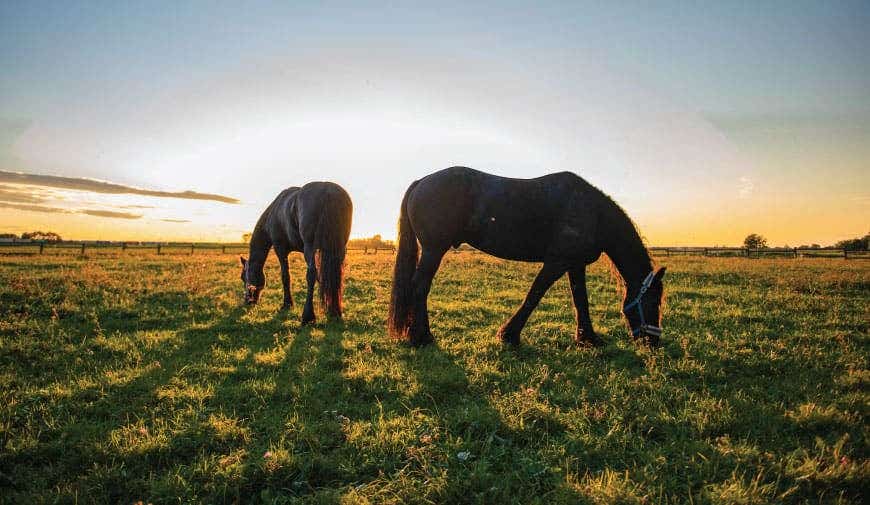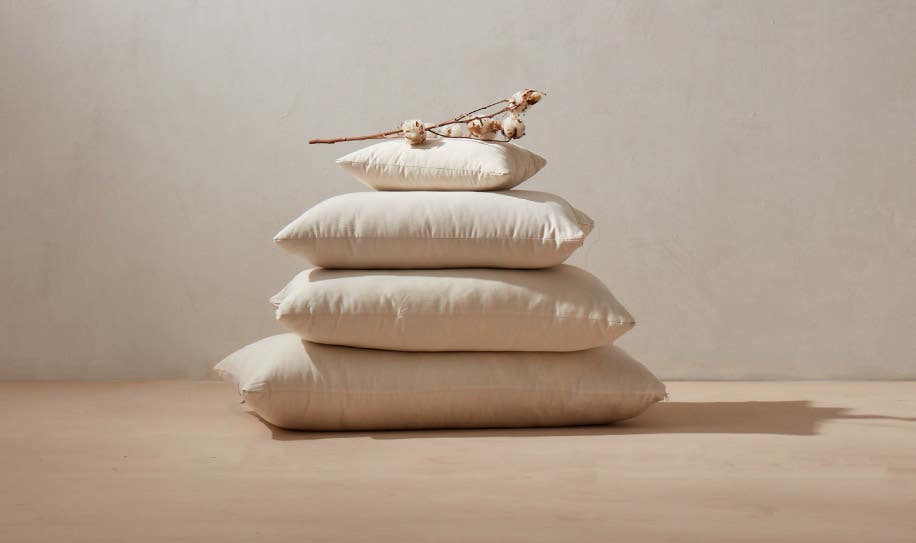The word FUTON is a Japanese word originally referring to any round mat our cushion filled with leaves. The traditional Japanese Futon is a group of three products making up a bed. The three products consist of a futon, which is a thin cotton pad, a shikibuton which is a three folding pad that sits under the thin cotton pad, and a Kakibuton which is a comforter that goes on top of the thin cotton pad. Learn more about What is a Futon?.
Throw Pillows are decorative pillows that accent a couch, arm chair, and other furniture pieces in your home. It can bring life to a room, make a statement, and even complete the look that exemplifies your personality in your home design. When choosing organic throw pillows, there is somewhat a science on the size, the position of placement, color, and texture to choose for your home. Learn more about How To Choose The Perfect Throw Pillows?
We handcraft Americas largest selection of Futon Slip Covers including, Outdoor Weather and Sun Proof Futon Slip Covers,Organic Cotton Futon Covers, Microfiber Suede and Textures Futon Covers, Modern Printed and Woven Slip Covers, Floral or Geometric Futon Slip Covers or Cotton Linen Blended Futon Covers handmade in our fabric studio in the heart of San Francisco. There are hundreds of fabric and color options available for you to customize and update the look of your futon natural furniture. Learn more about Color Ideas For Your Futon Covers And Matching Pillows.
The words fabric and cloth are used in textile assembly trades (such as tailoring and dressmaking) as synonyms for textile. However, there are subtle differences in these terms in specialized usage. Textile refers to any material made of interlacing fibers. Fabric refers to any material made through weaving, knitting, spreading, crocheting, or bonding that may be used in production of further goods (garments, etc.). Learn more about
What Are The Different Types Of Textile Fabrics?Fabrics can be divided into two main categories
Natural fabrics: Linen, Leather, Cotton, Wool, Silk
Synthetic fabrics: Acetate, Acrylic, Nylon, Olefin, Polyester, Rayon, Vinyl
Learn more about What's The Difference Between Natural Cotton And Synthetic Cotton?
Natural Bed pillows ,Organic throw pillows, travel pillows, and custom pillows come in a variety of sizes. Click To See The Futon Shop’s Guide To Pillow Sizes.
There are two important factors of pillow construction, the first being how the pillow cover is designed, whether it uses zippers or buttons, or if there is welting or not. The other factor is what the pillow cover is constructed out of, i.e. what material is used to make the pillow cover. Learn more about
How Mattress Covers And Pillows Are Made?Cotton truly is, “the fabric of our lives.” Most of us come in contact with items made from cotton every day, from the clothes we wear, the sheets you sleep on, and even some of the food you eat. The large amount of conventional cotton production comes at a price. Growing conventional cotton requires the use of enormous amounts of toxic chemicals creating a vastly negative impact on the environment. Choosing Organically produced items will help to alleviate health risks and leave a smaller footprint on the environment. Learn more about
How Does Growing Cotton Affect The Environment?











